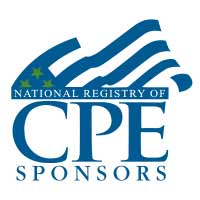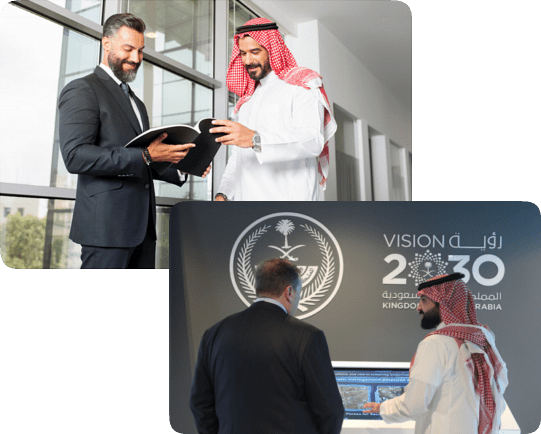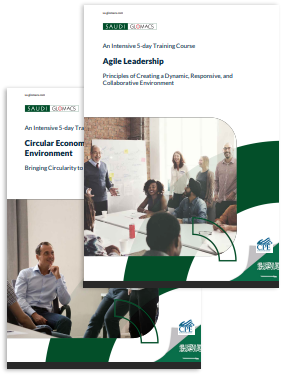An Interactive 5-Day Training Course
The Role of Regulator in a Deregulated Downstream Petroleum Sector
A Regulator Role in a Deregulated Petroleum Environment
Course Overview
This The Role of Regulator in a Deregulated Downstream Petroleum Sector training course is aimed to equip participants with the necessary knowledge to appreciate the key functions of a designated regulator and how it should play an active role in the development of deregulated activities of the petroleum sector, what would be the role of regulator in a deregulated environment? To learn and appreciate the current picture in some selected case studies from around the world. The training course will also aim to equip participants with complete overview within typical key regulator mandates and the type of regulations come out of it.
In addition to removal of official restrictions and bottlenecks that discourage participation and investment and consequent opening of the sector with the aim of engendering maximum competition. This training course uses applicable case studies and includes group discussion and critical analysis of actual projects. Prior knowledge of the fundamentals of key downstream principles is assumed but will be covered briefly to ensure general understanding. New concepts and tools are introduced to enable delegates to progress from fundamental to more advanced concepts.
This GLOMACS training course will highlight:
- How a regulator can Successfully Ensure Adequate Consumer Protection and Stakeholder Relations in a Deregulated Regime?
- Typical regulator key mandates and the type of regulations
- Typical regulator functions, pricing policy of petroleum products, regulate the supply and distribution of petroleum products,
- Creating an information databank through liaison with all relevant agencies to facilitate the making of informed and realistic decisions on pricing policies
- Risk management in the deregulation of downstream sector
Training Outline
DAY 1: The Differences Between Deregulated and Regulated Petroleum Sectors
- What would be the role of a regulator in a deregulated petroleum environment?
- Investigation and Market Intelligence
- Industry structure Pre and Post Deregulation
- Automation of Downstream Business Process
- Deregulated and Regulated Petroleum Sectors
DAY 2: Anticipated Challenges of a Regulator in a Deregulated Regime
- Development of a Robust Downstream Oil and Database by the Regulator to Enhance Policy Formulation, Industry Information and Researches
- The Anticipated Roles of the Regulator in the Supply Chain (Refining, Storage, Transportation, and Retail)
- Why we need a regulator in a deregulated environment?
- How Can Government Ensure A Successfully Deregulated Downstream Sector?
- Effective Communication in a Deregulated Regime (Stakeholders Management Strategy)
DAY 3: The Anticipated Roles of the Regulator in the Supply Chain (Refining, Storage, Transportation, and Retail)
- Obligations of the Regulator to the Various Stakeholders (Operators/Consumers)
- The Industry Structure Pre and Post Deregulation
- Regulator’s Key Performance Indicators
- Role of Regulator in Case of Pandemic Insurgence like the COVID-19 Pandemic as it affects Petroleum Products Pricing
- What are the expectations in a fully deregulated environment?
DAY 4: The Current Picture in Selected Deregulated Case Studies
- Tariff Formulation and Modelling
- Understanding Cost Comparative Study of Various Logistics Facilities to Improve Efficiency in the Downstream Sector
- Development of a National Strategic Reserve Policy to Ensure National Stock Policy
- Role of Regulator in Case of Pandemic Insurgence like the Covid-19 Pandemic as it affects Petroleum Products Pricing
- Overview within typical regulator key mandates and the type of regulations that came out of it
DAY 5: Dispute Resolutions in a Deregulated Petroleum Environment
- Impact of Technological Advancement on a Regulator in the Deregulated regime
- Dispute Resolutions in Oil and Gas
- Arbitration and Mediation in Oil and Gas Sector
- Arbitration in Oil and Gas Sector
- Conclusions and Recommendations
Certificates
- On successful completion of this training course, GLOMACS Certificate will be awarded to the delegates
- Continuing Professional Education credits (CPE) : In accordance with the standards of the National Registry of CPE Sponsor, one CPE credit is granted per 50 minutes of attendance
Accreditation


GLOMACS is registered with NASBA as a sponsor of Continuing Professional Education (CPE) on the National Registry of CPE Sponsors. NASBA have final authority on the acceptance of individual courses for CPE credit. Complaints regarding registered sponsors may be submitted to the National Registry of CPE Sponsors through its website: www.learningmarket.org.
All Training Seminars delivered by GLOMACS by default are eligible for CPE Credit.


About Saudi Glomacs
At Saudi GLOMACS, we specialize in delivering world-class training courses in Saudi Arabia and across various international locations. Our training courses are tailored to meet the unique demands of Saudi Vision 2030 and the Human Capability Development Program, focusing on empowering Saudi citizens and enhancing workforce skills. We offer diverse courses spanning leadership, management, engineering, and technical disciplines to cultivate expertise and drive professional growth. Our flexible learning options—whether in-person, online, or in-house—ensure accessibility and convenience for individuals and organizations alike.
With over 30+ years of experience through the GLOMACS global network, we are committed to delivering innovative, results-driven training solutions. Our expert instructors combine industry knowledge with dynamic teaching methods, fostering practical skill development and long-term career success. By choosing Saudi GLOMACS, you're investing in personal excellence and contributing to the Kingdom’s sustainable economic growth and vision-driven transformation.
What do you need to learn next?
Check our list of courses or let us customize a course for you.
View courses


